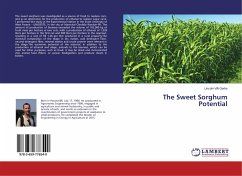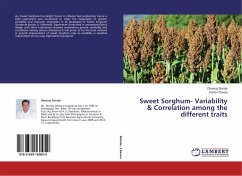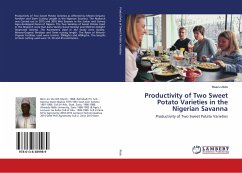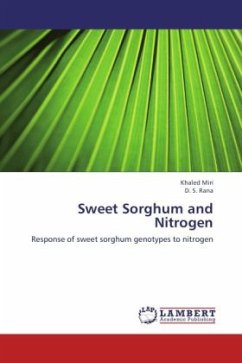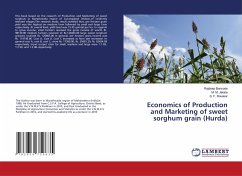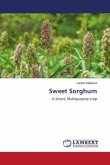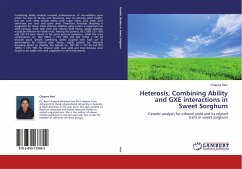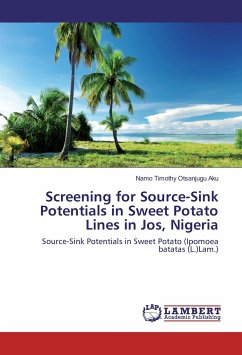The sweet sorghum was investigated as a source of food to replace corn, and as an alternative for the production of ethanol to replace sugar cane. I performed this study in the Experimental Station in the State University of West Paraná - UNIOESTE, in the city of Marechal Cândido Rondon-PR. The amount of production of biomass exceeded the volume of 165,000 kg of fresh mass per hectare in two cuts, with a production of ethanol of 1,035 liters per hectare in the first cut and 695 liters per hectare in the resprout, resulting in a cost of R$ 1.26 per liter produced in a rural property.The chemical composition of the silage in dry matter, acid detergent fiber, neutral detergent fiber, mineral matter and crude protein were relevant in the silage.The economic potential of the material, in addition to the production of ethanol and silage, extends to the biomass, which can be used for other purposes, such as food: it may be dried and incorporated into animal feed (fiber), or power biodigesters and produce steam in boilers.
Bitte wählen Sie Ihr Anliegen aus.
Rechnungen
Retourenschein anfordern
Bestellstatus
Storno

